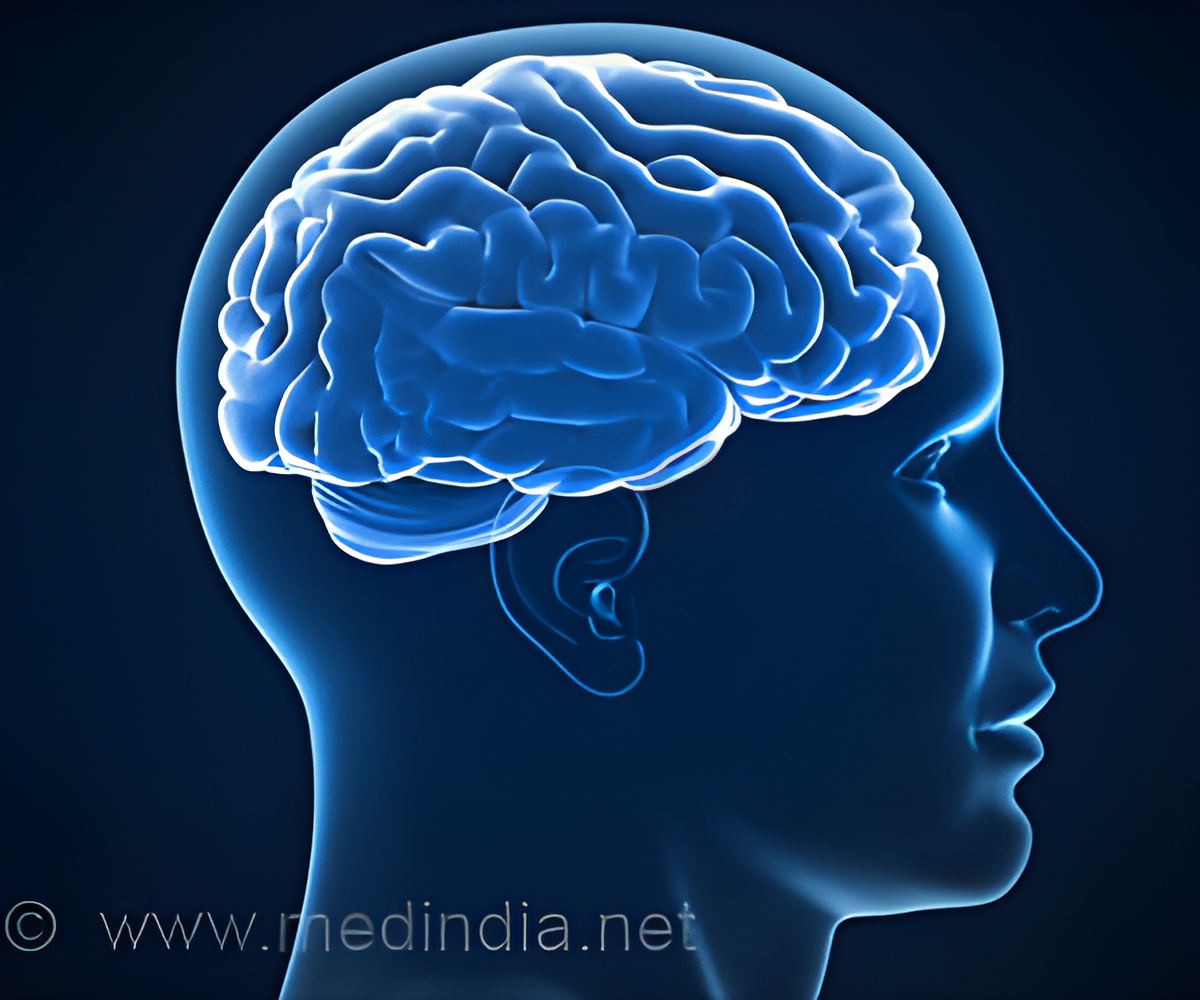Boys have callous and unemotional traits in their brains, reveals a research. The traits are related to the deficits of conscience and empathy.

‘The relationship between the differences in brain structure and the callous-unemotional traits was the main area of interest for the researchers. They were also keen on finding the differences between boys and girls on this frontier .’





However, until now, most research in this area has focused on studying callous-unemotional traits in populations with a psychiatric diagnosis, especially conduct disorder. This meant that it was unclear whether associations between callous-unemotional traits and brain structure were only present in clinical populations with increased aggression, or whether the antisocial behavior and aggression explained the brain differences. Using magnetic resonance imaging, the researchers were able to take a closer look at the brain development of typically developing teenagers to find out whether callous-unemotional traits are linked to differences in brain structure. The researchers were particularly interested to find out if the relationship between callous-unemotional traits and brain structure differs between boys and girls.
Only boys show differences in brain structure
The findings show that in typically-developing boys, the volume of the anterior insula a brain region implicated in recognizing emotions in others and empathy is larger in those with higher levels of callous unemotional traits. This variation in brain structure was only seen in boys, but not in girls with the same personality traits.
"Our findings demonstrate that callous-unemotional traits are related to differences in brain structure in typically-developing boys without a clinical diagnosis," explains lead author Nora Maria Raschle from the University and the Psychiatric Hospital of the University of Basel in Switzerland. "In a next step, we want to find out what kind of trigger leads some of these children to develop mental health problems later in life while others never develop problems."
Advertisement
Source-Eurekalert













